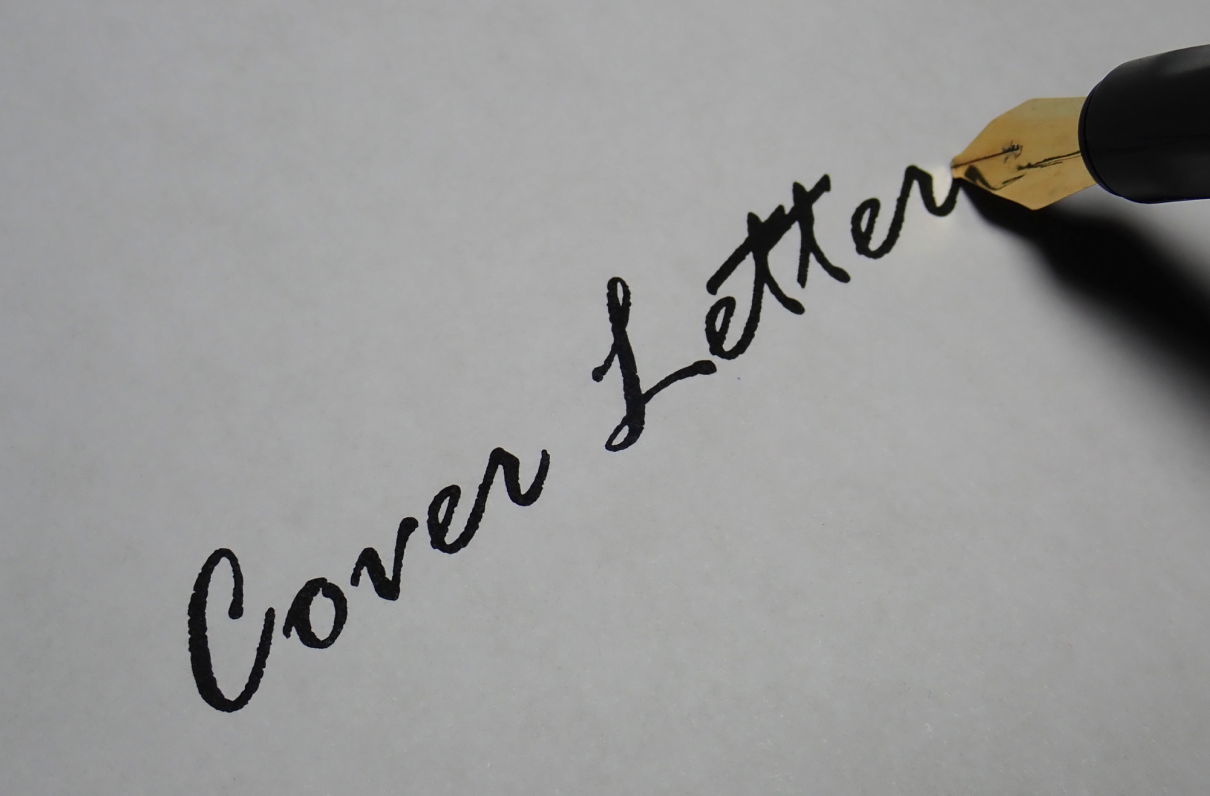It’s a simple question being asked more often in the age of keyword-searching algorithms and other high-tech hiring tools: Do I need to include a cover letter with my application?
And there’s a simple answer: Absolutely! And especially if the recruitment announcement specifically asks you to submit your cover letter along with your résumé.
Be sure to keep your cover letter simple, succinct, and focused on the target employer’s immediate job need. Some tips on the thought process behind crafting the letter can be found in this MOAA.org piece; from the practical side, here are a half-dozen essential elements to consider:
1. Don’t Hide. Include your contact information at the top of the letter – make it as easy as you can for a prospective employer to reach out.
2. Get Personal. When it comes to addressing the letter, do some research and figure out, at a minimum, the department to which you’re applying. Better yet, find the name of the hiring manager, or the department lead. Either way, “Dear Marketing Team” will get you off to a better start than “To Whom It Concerns” or “Dear Sir/Ma’am.”
3. Tailor Your Approach. Show you’ve done the research on how your skills will match the employer’s needs. Rely on your 30-second commercial (or elevator pitch) – after all, the letter is about you selling you to the target employer.
[WATCH ON DEMAND: Career Transition Tools Workshop: The 30-Second Commercial]
4. Words Matter: Less is better – use “led” or “directed” instead of “was responsible for developing” or similar long phrases. And avoid military jargon and unfamiliar acronyms; where possible, replace them with language from the job announcement.
5. Be Specific: Include a few quantifiable accomplishments related to the new position. As with the rest of your application, the goal is for the hiring manager or future boss to be able to picture you in this role – help them get there.
6. Finish Strong: End on a positive, enthusiastic note, include a thank-you, and restate your contact details. If you can get the reader to want to know more about you, chances are they’ll bring you in for an interview.
The bottom line: Keep it short (three or four succinct paragraphs), make it professional yet personal, and highlight your key skills and accomplishments relative to the job need. And always, always, always thoroughly proofread.
For more information, check out these MOAA resources:
- Our Application and Résumé Help page has more cover letter tips and other guidance for putting together a standout application.
- Our events calendar will help you connect with our transition and career experts via webinars, seminars, career fairs, and more.
- Our transition publications (some exclusive to Premium and Life members) offer advice on post-service opportunities as well as assistance navigating other career and life milestones.
Want even more? Follow MOAA on LinkedIn for the latest transition news. Already on LinkedIn? Join our Career and Networking Group and subscribe to our weekly LinkedIn newsletter.
Upcoming MOAA Transition and Career Events
- April 30 Webinar: Registered Apprenticeship: A Sustainable Pathway to Success
- May 14 Webinar: Job Search Refresher: Making Your Next Career Move
- May 30 Seminar: MOAA’s Executive Career Transition Accelerator Seminar (in-person and virtual)

